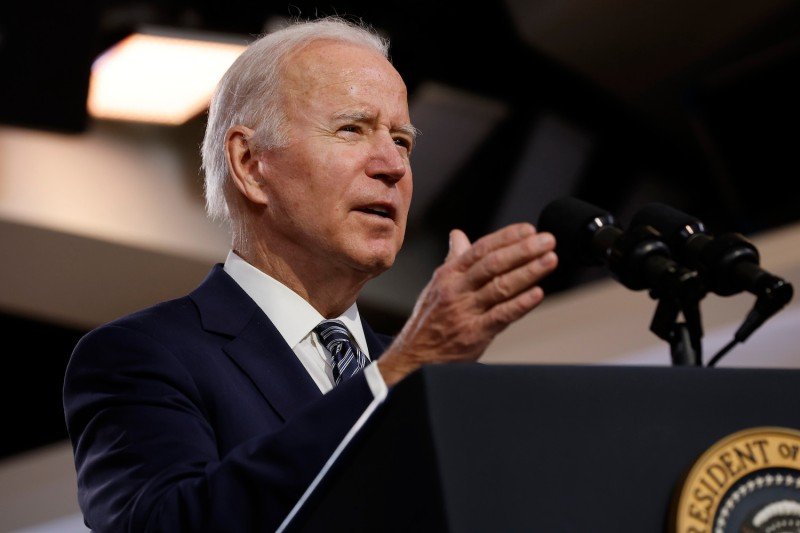Biden to bridge gap between Lebanon and Israel
US officials believe an agreement on the maritime border between Lebanon and Israel is within reach, despite reports that negotiations could stall over last-minute demands.
The years-long feud between the two neighboring countries has been the focus of the Biden administration’s attention in recent months as it tries to hammer out a finish-line deal.
The waters claimed by both parties hold potential reserves of natural gas. Israel is currently pumping gas from offshore fields, while Lebanon found no commercial gas reserves after a series of drillings north of the capital Beirut.
However, reports from Israel suggest that the Israeli government has completely rejected the changes to the draft agreement circulated by the United States, which Lebanon has demanded.
Israeli officials struck a pessimistic tone after Beirut reportedly wanted to change the official recognition of buoys that Israel placed in the sea years ago. Lebanese officials have expressed concern that accepting the deal would affect the land border between the two countries, which is currently separated by a United Nations-demarcated Blue Line.
This threatened to torpedo Washington’s diplomatic efforts, led by Amos Hochstein, Joe Biden’s special presidential coordinator.
Biden administration officials have repeatedly said resolving the dispute was a top priority and could lead to greater economic stability and security in the region.
Officials said the White House is just as interested as the State Department and other US agencies in finalizing a deal.
When asked about Thursday’s negative reports, the State Department said Hochstein will continue his “robust commitment” with both sides to complete the talks.
“We are at a critical stage in these negotiations and the gaps have certainly narrowed and we remain committed to finding a solution and believe that a lasting compromise is possible,” said the State Department’s deputy spokesperson, Vedant Patel, to reporters.
Biden to bridge gap between Lebanon and Israel
White House officials also said U.S. diplomatic efforts would continue, signaling the seriousness of a deal’s importance to the government.
Iran-backed Hezbollah has pledged to prevent Israel from benefiting from the Karish gas platform if Lebanon cannot begin exploration in the waters it secures as part of a possible plan.
“Both sides still have an interest in finalizing the deal, but election plans in Israel and Lebanon make it difficult for either side to make concessions on ongoing disagreements,” said Randa Slim, director of programs at the Washington-based Middle East Institute.
